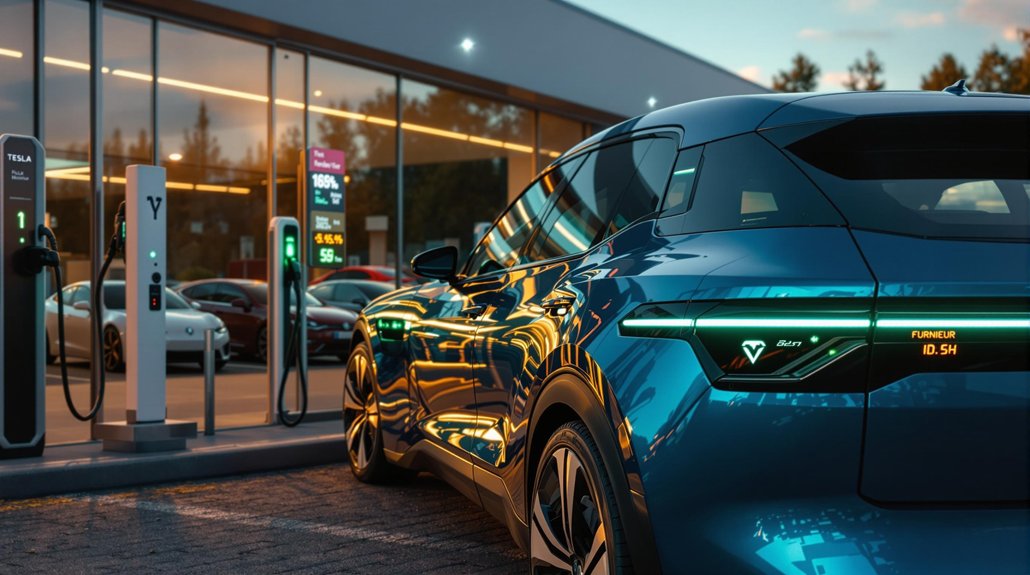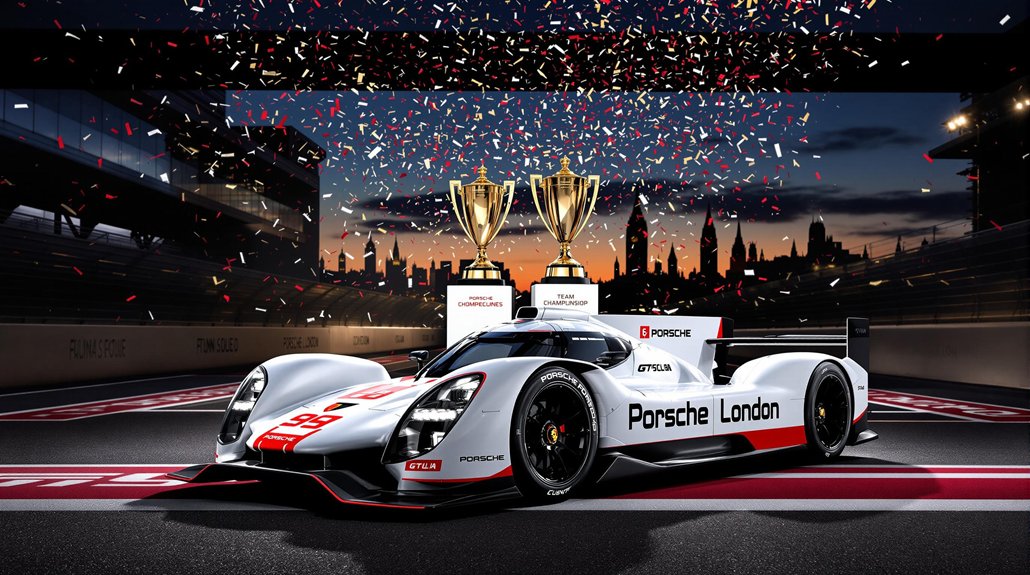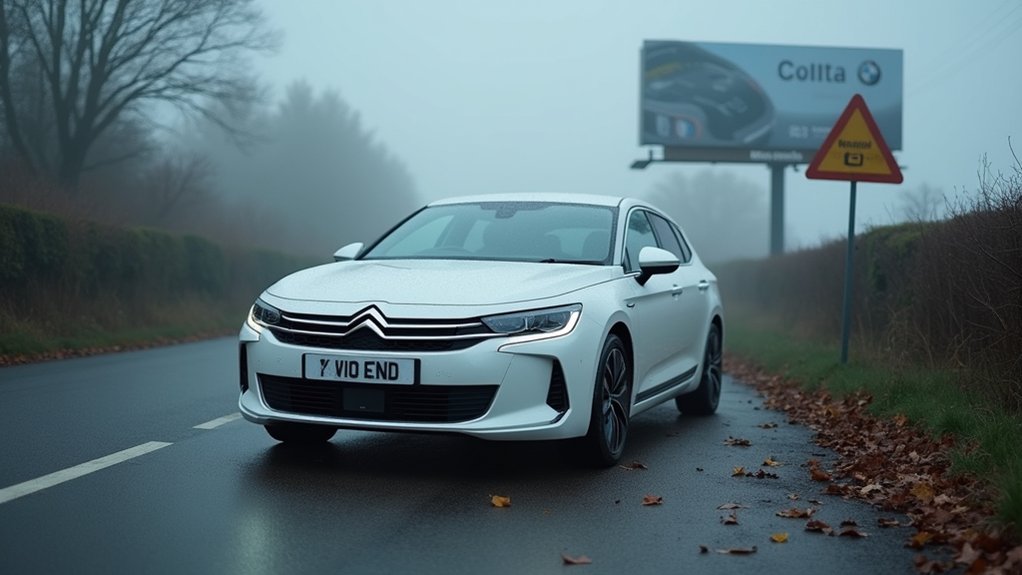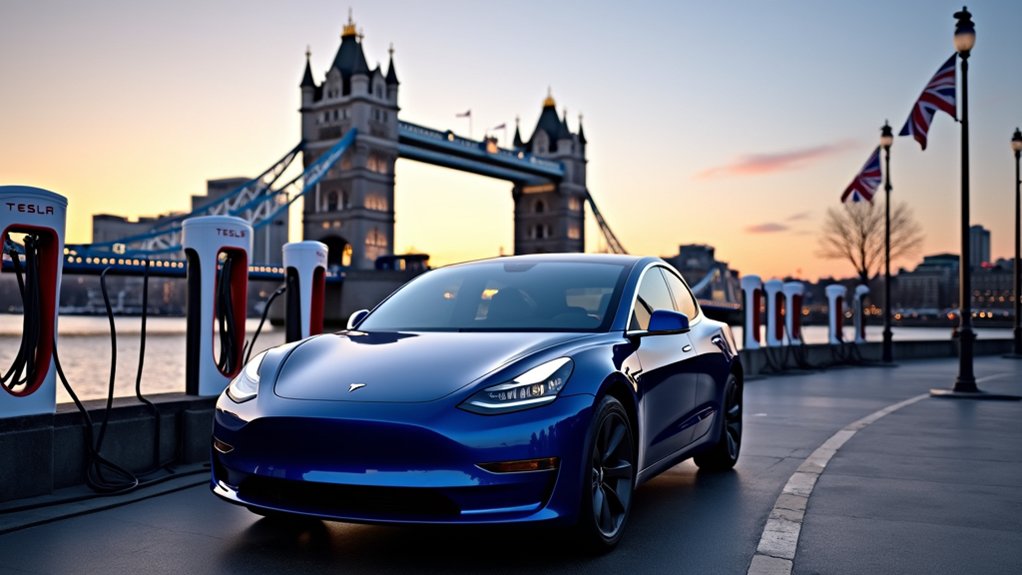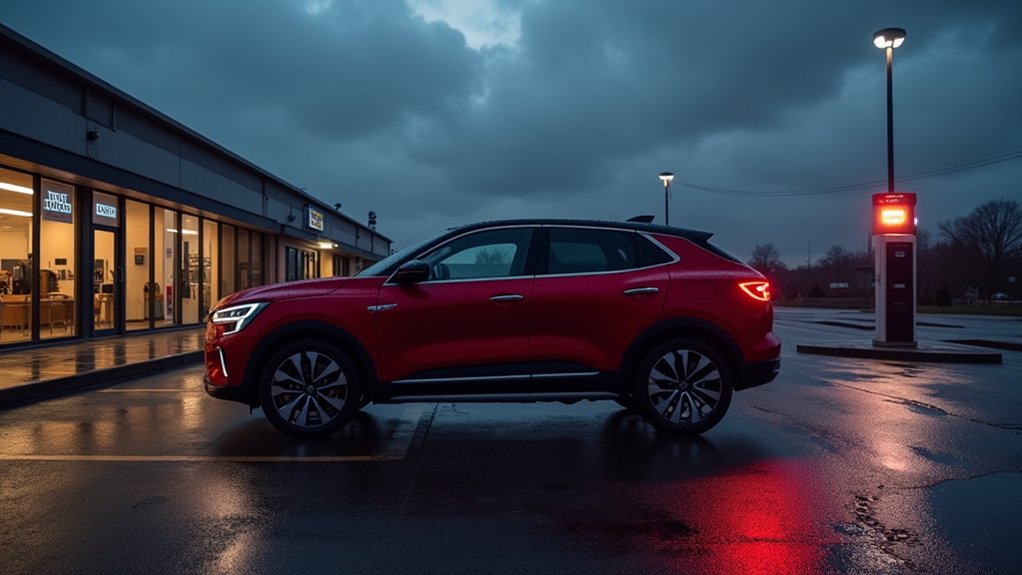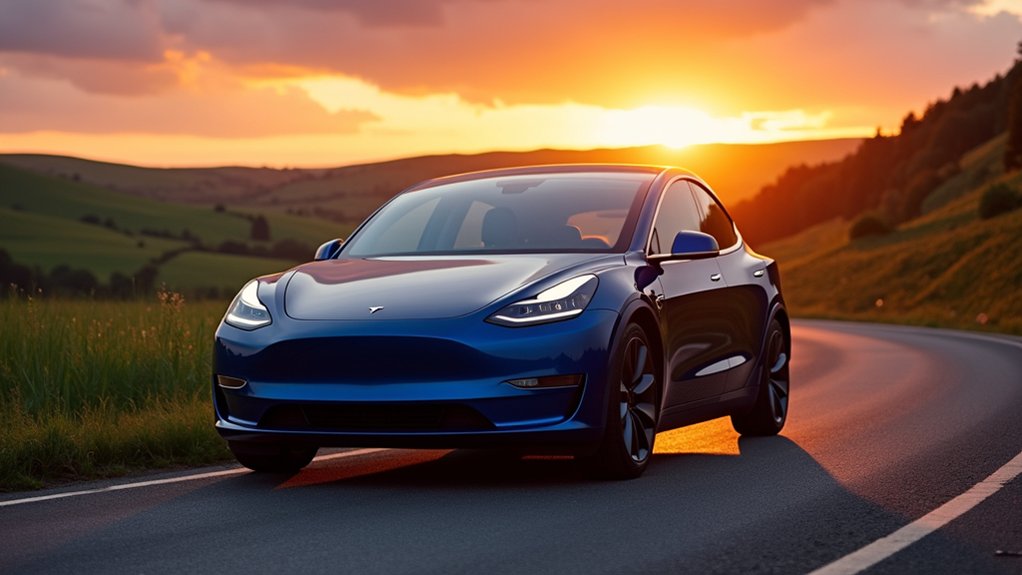While Tesla has long dominated the global electric vehicle narrative, Volkswagen Group has quietly engineered a remarkable turnaround in Europe’s competitive EV market. The German automotive giant recorded a staggering 90% jump in pure electric deliveries across Europe during the first half of 2025, establishing itself as the continent’s top BEV manufacturer. This remarkable performance stands in stark contrast to Tesla’s European fortunes, where deliveries plummeted by approximately 31% year-over-year in May alone.
Volkswagen’s aggressive strategy has paid dividends. One-fifth of all vehicles delivered by VW in Western Europe now run solely on electricity, an achievement that seemed improbable just 24 months ago. The company’s willingness to implement deep discounts, though pressuring profit margins, has stimulated consumer demand amid a challenging economic climate. This pricing approach, combined with VW’s extensive European dealer network, has created a formidable competitive advantage. The average BEV cost decrease to 44,400 dollars has further supported Volkswagen’s market strategy in Europe.
VW’s bold pricing strategy and deep dealer networks have transformed European EV market dynamics, despite profit margin pressures.
The data speaks volumes. Europe’s EV market registered approximately 305,000 plugin vehicles in May 2025, representing its fastest growth rate since August 2023. Volkswagen has positioned itself perfectly to capture this surge, with its models accounting for an impressive 8 out of Germany’s 10 best-selling EVs in H1 2025. The Volkswagen Group now commands 28.1% market share of European plugin vehicle sales, firmly cementing its leadership position.
Tesla’s troubles extend beyond mere numbers. CEO Elon Musk’s decision to personally oversee European operations highlights the gravity of their situation. The American EV pioneer faces diminishing technological advantages as European manufacturers rapidly close the innovation gap. Industry experts now suggest that the technological gap has closed between Tesla and its competitors, eliminating a key advantage that once propelled the American company to market leadership.
Market dynamics continue shifting beneath both companies. The overall European EV market expanded 24% year-over-year in 2025, with BEVs growing 28% and PHEVs surging 48%. Chinese manufacturers have entered the fray, sometimes outperforming both Tesla and Volkswagen in specific segments.
Volkswagen’s varied portfolio spanning multiple brands and price points provides unmatched versatility. From the accessible ID series to luxury Porsche Taycans, VW Group offers compelling options across the spectrum. Tesla’s narrower lineup, primarily carried by Model 3 and Model Y, simply cannot match this thorough market coverage.
